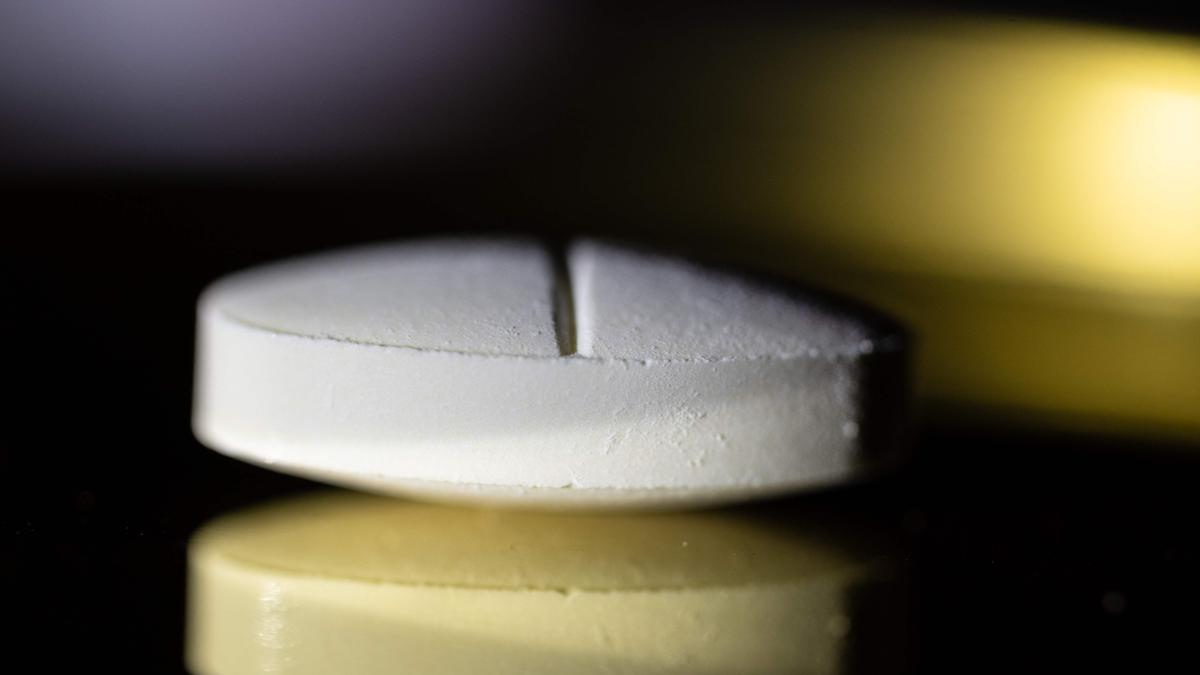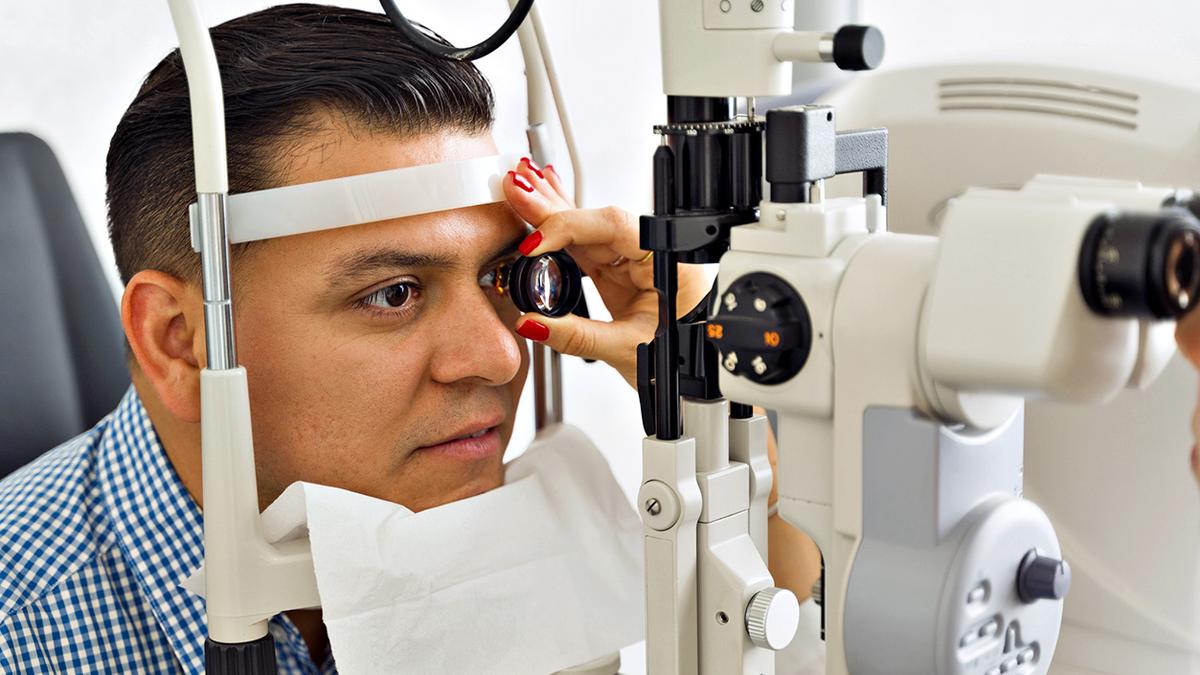Sweetened drinks ‘increase risk of serious cardiovascular diseases’

A large-scale study in Sweden has suggested that consuming sweetened drinks significantly increases the risk of serious cardiovascular disease. An occasional treat is acceptable, though, the study has added.
Researchers studying the effects of the consumption of different types of sugar on health risks have found that generally, higher sugar intake raises the risk of certain cardiovascular diseases. Sugary drinks in particular carry higher risks. Extremely low sugar consumption is also associated with poorer cardiovascular health, the researchers say.
The study indicated that the lowest risks of cardiovascular diseases were found among people who ate occasional treats.
The scientists advocate avoiding fizzy drinks since such beverages have excessive added sugar that can increase the risk of stroke or aneurysm, heart failure, and atrial fibrillation.

Source of the sugar
“The most striking finding from our study is the divergent relationship between different sources of added sugar and cardiovascular disease risk,” said Suzanne Janzi, PhD candidate at Lund University and corresponding author of the article in Frontiers in Public Health. “This surprising contrast highlights the importance of considering not just the amount of sugar consumed, but its source and context,” Ms. Janzi said.
The scientists collected data from two other studies to understand the correlation between sugar consumption and CVD risks: the Swedish Mammography Cohort and the Cohort of Swedish Men, which included diet questionnaires administered in 1997 and 2009, allowing for monitoring participants’ diets over time.
They looked at three classes of sugar consumption — toppings such as honey, a pastry as a treat, or sweetened beverages such as fizzy drinks — and seven cardiovascular diseases: two different types of stroke, heart attacks, heart failure, aortic aneurysms, atrial fibrillation, and aortic stenosis.
The participants were monitored until they died, were diagnosed with one of the cardiovascular diseases, or reached the end of the follow-up period in 2019. The research found that during the study period, 25,739 participants were diagnosed with a cardiovascular disease.

The lowest risks of cardiovascular diseases were found among people who ate occasional treats. Photograph used for representational purposes only
| Photo Credit:
Getty Images
Sweet drinks increase risk
The data helped to break down how the different types of sugar intake affect the risk of different cardiovascular diseases. The analysis showed that consuming more sweetened drinks significantly increased the risk of ischaemic stroke, heart failure, atrial fibrillation, and abdominal aortic aneurysm.
“Liquid sugars found in sweetened beverages make you feel less full, potentially leading to overconsumption,” Ms. Janzi said.
Different cardiovascular diseases were affected differently by increased sugar intake, possibly because consuming additional sugar affected participants’ individual risk profiles differently. Increased sugar in general raised the risk of ischaemic stroke and abdominal aortic aneurysm, as well as increasing the risk of heart failure in participants with a normal BMI.
However, the highest risks of a negative health outcome arose in the lowest intake category for treats. Occasional treats were associated with better outcomes than no treats at all.
Low intake not beneficial
“While our observational study cannot establish causation, these findings suggest that extremely low sugar intake may not be necessary or beneficial for cardiovascular health,” she added.
Since the findings were based on a Swedish population, she observed that studies may be needed in other populations to understand how it pans out in different lifestyles and dietary cultures.
In India, known as the diabetes capital of the world, the study resonates with our food habits, which include a large consumption of sweets and carbohydrates. “Carbohydrates are not inherently harmful. One should pay attention to the type and the amount consumed, which can increase the risk of heart disease,” said G. Sengottuvelu, clinical lead, Structural Heart Disease Programme at Apollo Hospitals.
“Excess carbohydrates in the form of sugars and refined carbs may be more harmful than dietary fats. Added sugars, sugary beverages, or processed foods can contribute to obesity and metabolic syndrome, which is linked with insulin resistance, high triglycerides, and low HDL (good cholesterol),” he added. They are associated with increased visceral fat deposition and accelerated atherosclerosis (plaque formation). Insulin resistance causes systemic inflammation with progression of plaque formation, the specialist explained.
Government Omandurar Multi Super Speciality Hospital dietician Meenakshi Bajaj said though the Indian dietary guidelines limit added sugars to 10% of the daily energy requirement, some dieticians recommend stricter restrictions given Indians’ disposition to metabolic diseases. “Traditional Indian sweets contain not just sugars but also nuts, milk, seeds, trans fats, and saturated fats that prevent overconsumption, but this is not the case with sugar-sweetened beverages. They could be replaced with herb infused water, tender coconuts, and fresh unsweetened home-made juices, she suggested. Pulses, whole grains, millets, and adding dried fruits such as dates and raisins instead of sugar are healthier options,” she added.
Chennai-based nutritionist Divya Satharaj advocates avoiding white sugar, maida (refined flour), and fizzy drinks totally. “They are habit-forming and cause digestion problems and acidity. When you order a takeout combo, it comes with a free sugary drink. Students overuse these drinks because they believe that fizzy drinks will keep them awake at night and give them energy to study,” she observed, adding that healthier options are nuts and milk.
Published – December 13, 2024 05:36 pm IST





